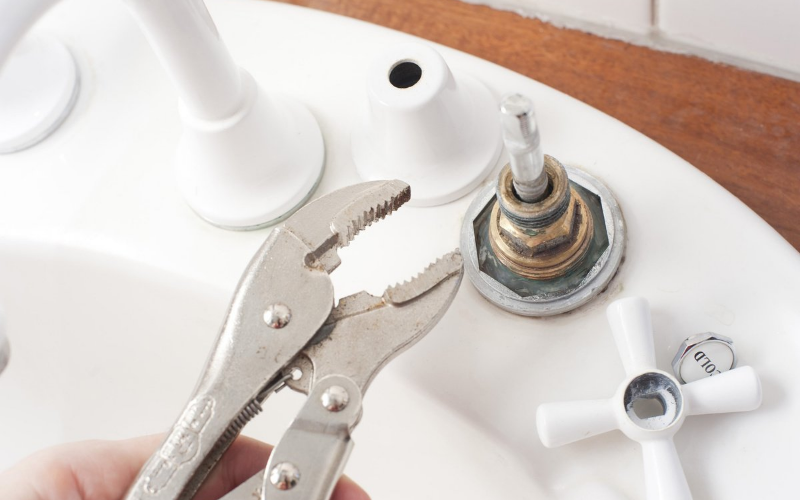 A house is an investment, and it is important to treat it as such. Homeowners must capitalize on the value of their homes when they go to sell them. One of the best ways to do so is to handle minor repairs before listing the house. Minor repairs do not take that long, so homeowners don’t have to worry about delaying their timeline. Furthermore, they are not that expensive to fix, but they can have a significant impact on the value of the home. Why is this the case?
A house is an investment, and it is important to treat it as such. Homeowners must capitalize on the value of their homes when they go to sell them. One of the best ways to do so is to handle minor repairs before listing the house. Minor repairs do not take that long, so homeowners don’t have to worry about delaying their timeline. Furthermore, they are not that expensive to fix, but they can have a significant impact on the value of the home. Why is this the case?
Repair Broken Items in Rooms
Even though broken items in certain rooms might not be a big deal, they can send the wrong message to a prospective buyer. For example, if there is a door that doesn’t latch well, try to repair it. If there is a drawer that doesn’t close properly, fix this issue. If homeowners see that there are no broken items, they will immediately realize the house has been well taken care of.
Ger Rid of Annoying Noises
Annoying noises can be incredibly distracting as someone walks through a house in which they might be interested. If there are creaky stairs, try to figure out where this is coming from. If the ceiling fan rattles, try to tighten it. Annoying noises can detract from the value of the house by distracting potential buyers.
Fix Any Leaks in the Home
Small drips and leagues can have a significant impact on the value of a home. If someone believes they are a sign of bigger plumbing issues, they might not make an offer. Inspect all faucets, toilets, and outdoor spigots to make sure they work properly. If anything is dripping, try to fix it before listing the house.
Maximize the Home’s Value
Ultimately, the biggest reason why minor repairs can make a big difference is that they can drive up the amount of money someone is willing to pay for a home. A lot of people steer away from houses that require repairs because they don’t know if something more serious is lurking underneath. When homeowners address minor repairs, they increase their chances of making a positive first impression on a buyer. This can make the difference between someone walking away and someone making an offer.
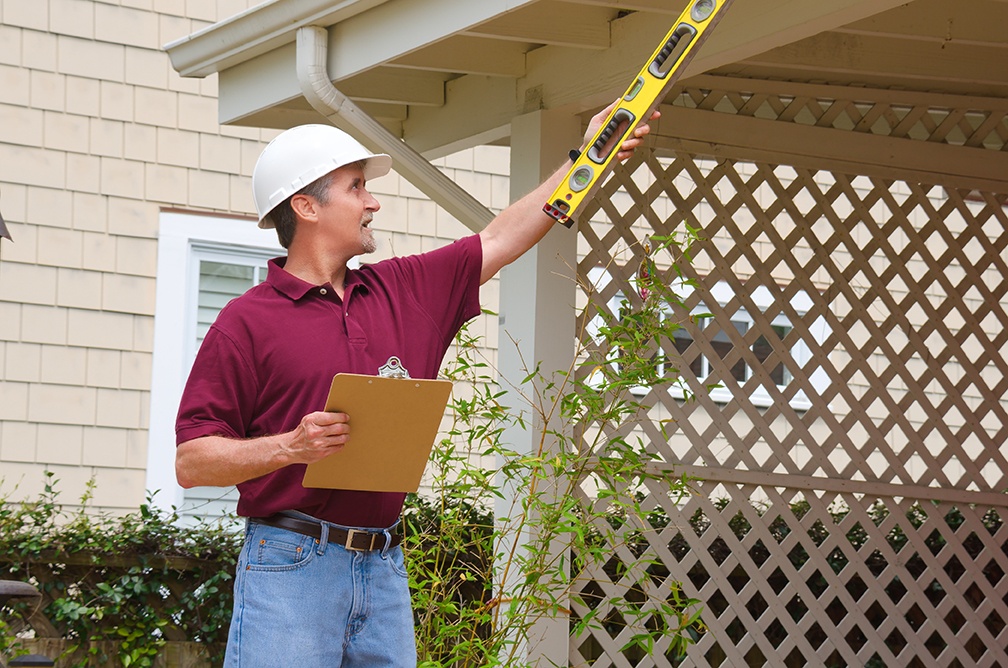 If you are looking for a home, your agent may tell you that a home is being sold as-is. This means that there may be major defects with the home that the seller is not willing to repair before offloading the property. As a result, their problems may become your problems if you purchase that property. How can you protect yourself during the sale?
If you are looking for a home, your agent may tell you that a home is being sold as-is. This means that there may be major defects with the home that the seller is not willing to repair before offloading the property. As a result, their problems may become your problems if you purchase that property. How can you protect yourself during the sale? There are two broad categories of mortgages. The first is government mortgages, which include USDA, FHA, and VA loans. These loans are backed and insured by the United States government. The other category is conventional mortgages. These are mortgages that are insured by private lenders, such as banks and credit unions. What are the differences between these two loan options?
There are two broad categories of mortgages. The first is government mortgages, which include USDA, FHA, and VA loans. These loans are backed and insured by the United States government. The other category is conventional mortgages. These are mortgages that are insured by private lenders, such as banks and credit unions. What are the differences between these two loan options?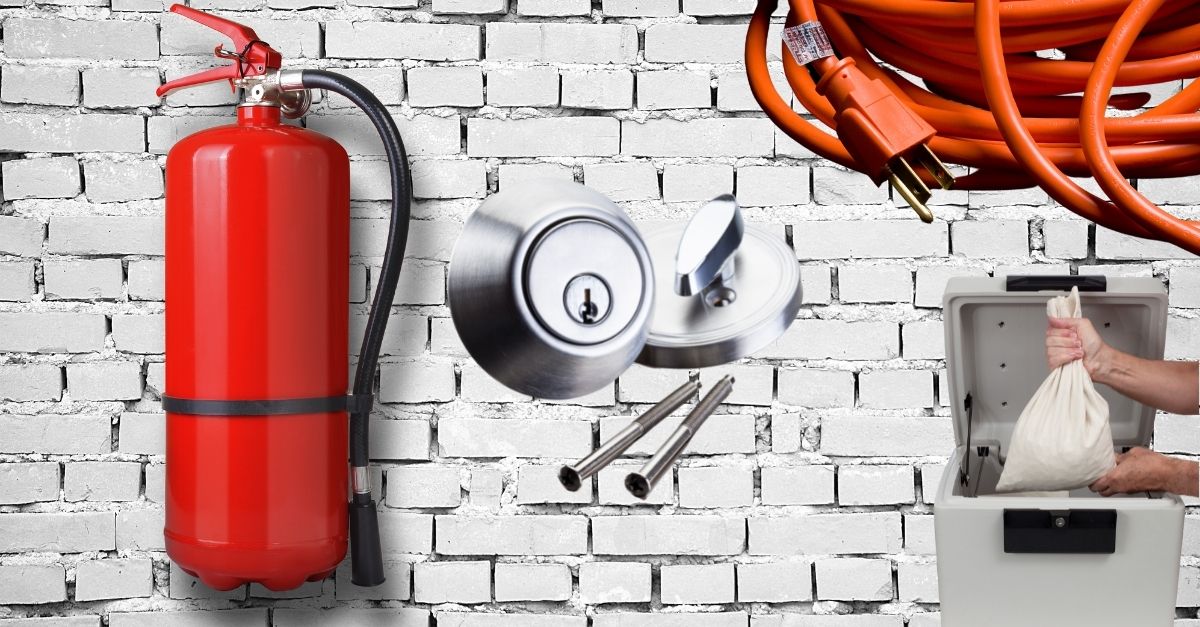 Moving into your first home is an exciting experience, but it can also be overwhelming. To manage the move properly, you need a wide variety of tools you may never have considered before. You may not realize you should have purchased a certain item until you need it.
Moving into your first home is an exciting experience, but it can also be overwhelming. To manage the move properly, you need a wide variety of tools you may never have considered before. You may not realize you should have purchased a certain item until you need it.  Becoming a homeowner for the first time is exciting. However, for many potential buyers, the process can also be confusing. Below is an overview of the steps you need to complete in order to buy your first home.
Becoming a homeowner for the first time is exciting. However, for many potential buyers, the process can also be confusing. Below is an overview of the steps you need to complete in order to buy your first home. 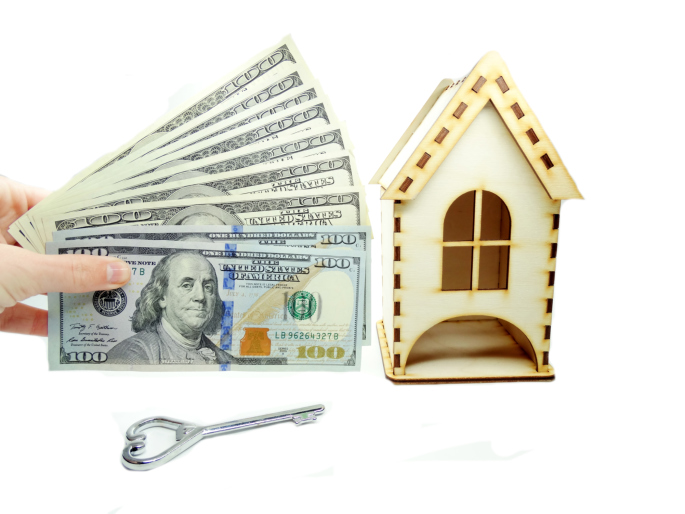 When people are looking for a home, this is an exciting process. There is always something fun about looking at potential homes and envisioning a future there. This is a big decision. At the same time, it is just as important for people to think about how much of their money they should be spending on their mortgage. There are a few rules of thumb that people should keep in mind.
When people are looking for a home, this is an exciting process. There is always something fun about looking at potential homes and envisioning a future there. This is a big decision. At the same time, it is just as important for people to think about how much of their money they should be spending on their mortgage. There are a few rules of thumb that people should keep in mind.  Recently, the local region’s subcommittee held a meeting using videoconferencing and discussed a new version Home Buyer Assistance Program. The Home Buyer Assistance Program has been designed to help first-time homebuyers by providing a down payment of up to $25,000. The funding for the Home Buyer Assistance Program is going to come from the city’s reparations fund.
Recently, the local region’s subcommittee held a meeting using videoconferencing and discussed a new version Home Buyer Assistance Program. The Home Buyer Assistance Program has been designed to help first-time homebuyers by providing a down payment of up to $25,000. The funding for the Home Buyer Assistance Program is going to come from the city’s reparations fund. There are numerous steps involved in the process of buying a new home. It is important to go through the mortgage qualifying process before looking at dream houses. This gives people an idea of how big a house they can afford. Sometimes, individuals looking for a house might not get a loan that is big enough to cover their dream house. There are ways to qualify for a larger loan; however, one of the fastest methods is to use a co-signer.
There are numerous steps involved in the process of buying a new home. It is important to go through the mortgage qualifying process before looking at dream houses. This gives people an idea of how big a house they can afford. Sometimes, individuals looking for a house might not get a loan that is big enough to cover their dream house. There are ways to qualify for a larger loan; however, one of the fastest methods is to use a co-signer.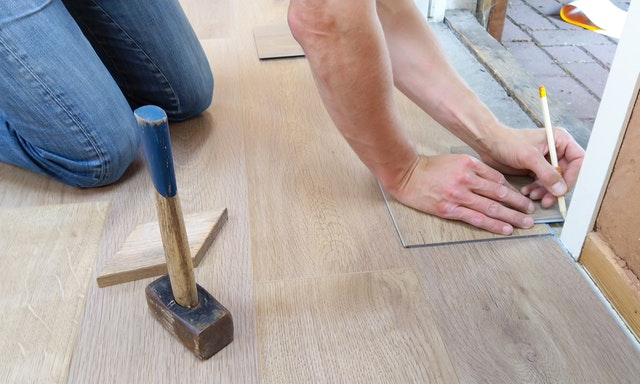 Every year, homeowners spend billions of dollars renovating their homes. It almost seems expected that homeowners are going to end up going over budget on any project. On the other hand, this doesn’t have to be the case. In reality, there are a few tips and tricks that homeowners can follow to help them save big money on that next home renovation project.
Every year, homeowners spend billions of dollars renovating their homes. It almost seems expected that homeowners are going to end up going over budget on any project. On the other hand, this doesn’t have to be the case. In reality, there are a few tips and tricks that homeowners can follow to help them save big money on that next home renovation project. Those who own homes might regularly receive mail advertising something called a home warranty. Many people end up tossing these leaflets away because they think this is just another form of home insurance, which many people get through their mortgage lender. In reality, a home warranty is not home insurance. Therefore, some people might be wondering whether or not a home warranty is worth the money.
Those who own homes might regularly receive mail advertising something called a home warranty. Many people end up tossing these leaflets away because they think this is just another form of home insurance, which many people get through their mortgage lender. In reality, a home warranty is not home insurance. Therefore, some people might be wondering whether or not a home warranty is worth the money.